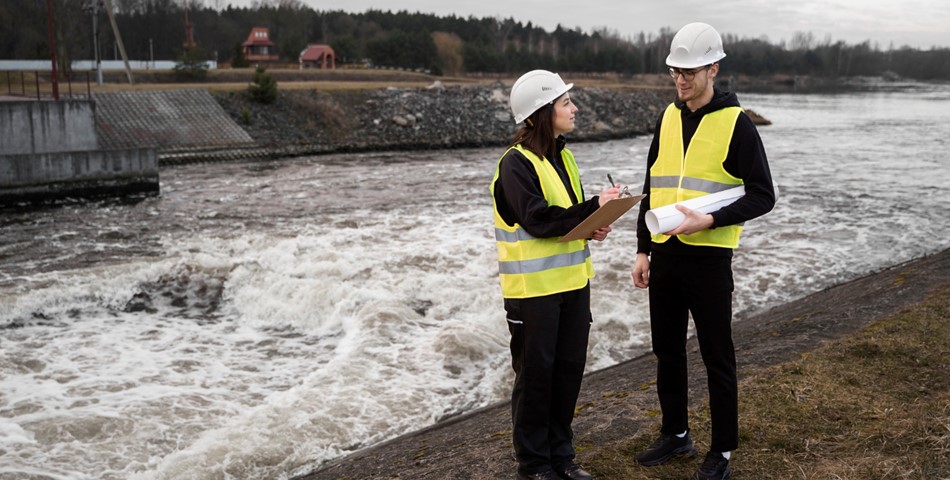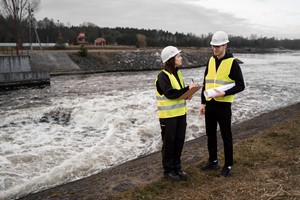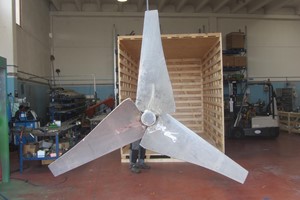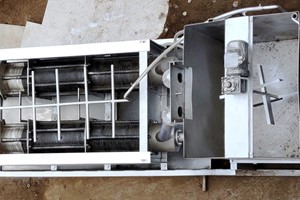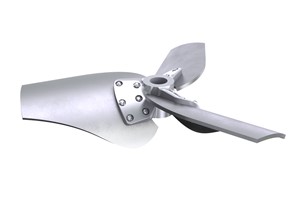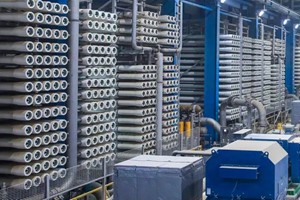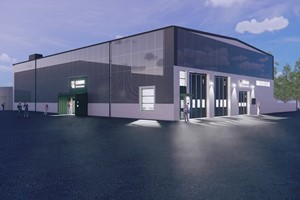Egypt is advancing its efforts to manage the growing volume of sludge generated by its expanding network of wastewater treatment plants through public-private partnerships (PPP). With a population of 111 million, the country is facing increasing demands for efficient wastewater management. To meet these needs, Egypt is focusing on developing sludge treatment facilities and converting waste into valuable products like electricity and fertilizers.
Atter Hannoura, Director of the PPP Central Unit at the Ministry of Finance, highlighted the country's challenges during his speech at the PPP MENA Forum in Dubai. He explained that as wastewater treatment facilities expand, the amount of sludge generated has significantly increased, creating a pressing need for effective management solutions. One of the major initiatives underway is the Abu Rawash Wastewater Sludge Treatment Plant in Giza Governorate. The $150 million project is currently undergoing a feasibility study and will be implemented using a design, build, finance, and operate (DBOF) model.
The Abu Rawash plant is set to process 714 tonnes of sludge per day, produced by two major wastewater treatment plants: the Aba Rawash facility, which has a capacity of 2 million cubic meters per day, and the Zenin plant, which handles 500,000 cubic meters per day. The sludge will be treated and converted into electricity and fertilizers. Hannoura emphasized that this project marks a shift from the traditional method of drying sludge in desert lagoons and searching for uses afterward. Instead, the focus is now on minimizing sludge through recycling and converting it into energy and other useful products.
The project, tendered by the Ministry of Housing, Utilities, and Urban Development in collaboration with the Construction Authority for Potable Water & Wastewater (CAPW), will prioritize environmental safety. Hannoura underscored the importance of addressing persistent organic pollutants (POPs) and heavy metals, as they can contaminate soil and agriculture if not properly removed during the conversion process.
In addition to the Abu Rawash project, the PPP unit is working with the Holding Company for Water and Wastewater on another sludge treatment initiative in Tanta, Gharbia Governorate. This project, which is estimated to cost around 320 million Egyptian pounds ($6.6 million), will serve a wastewater treatment plant with a capacity of 99,000 cubic meters per day.
Looking ahead, Egypt plans to establish sludge treatment hubs to manage waste from smaller treatment plants in rural and non-urban areas. The Holding Company for Water and Wastewater currently oversees 440 sewage treatment plants across the country’s 25 governorates, underscoring the scale of the challenge and the need for sustainable solutions.



